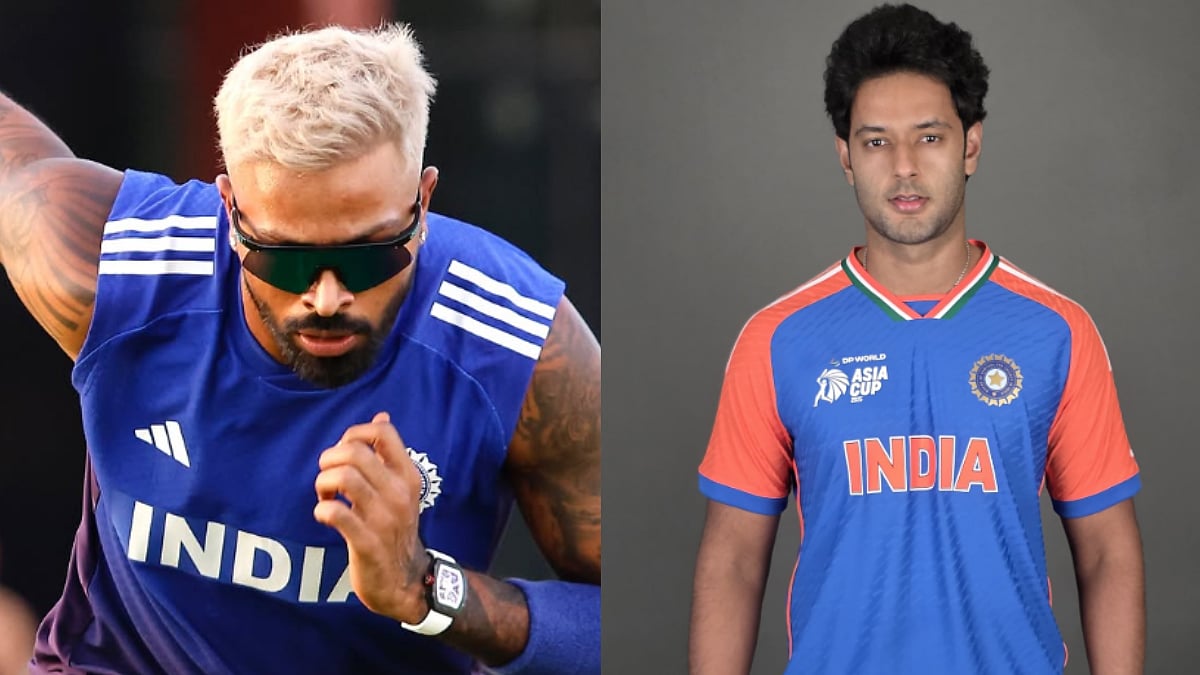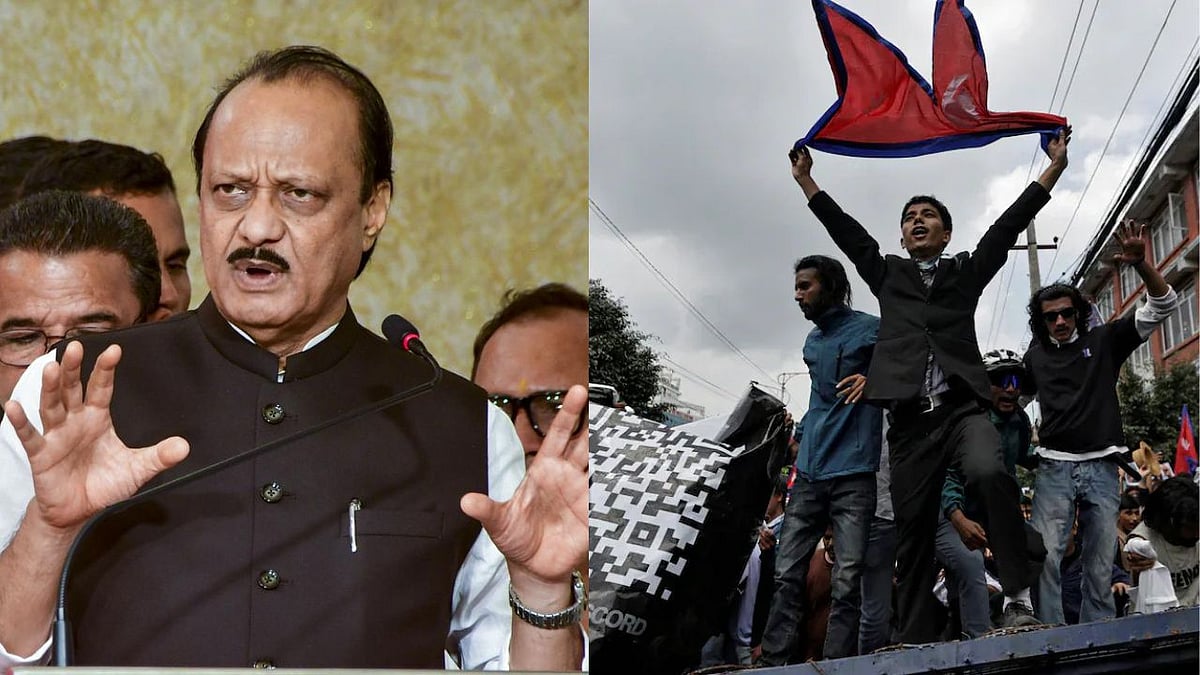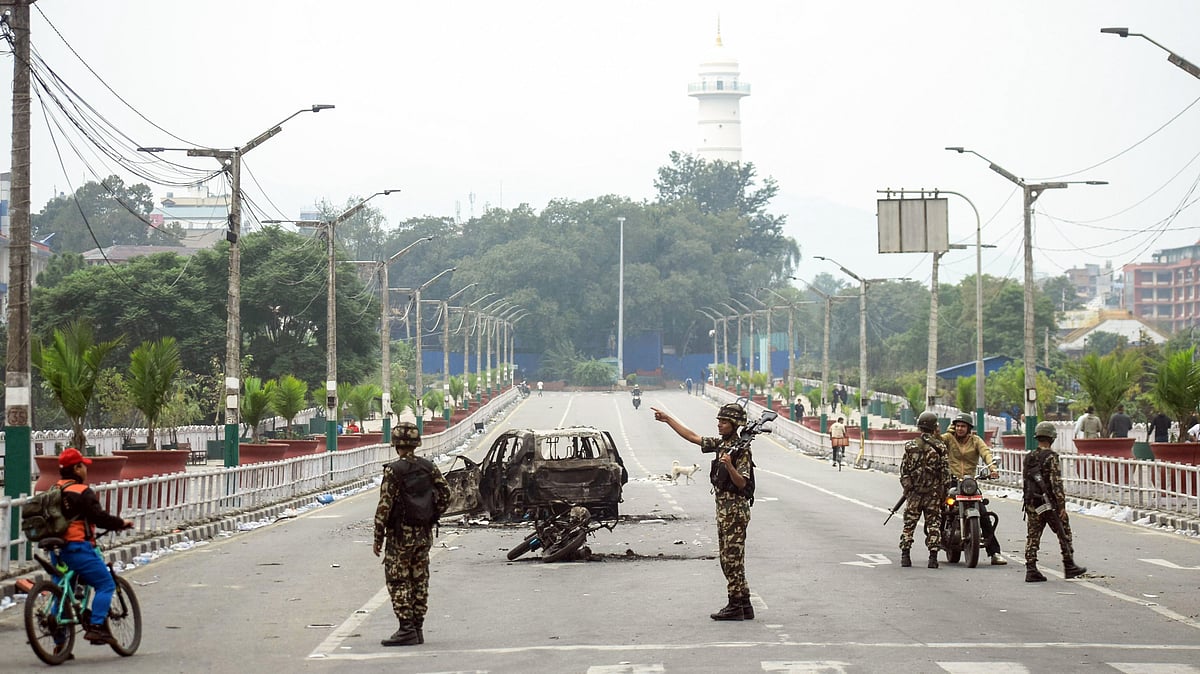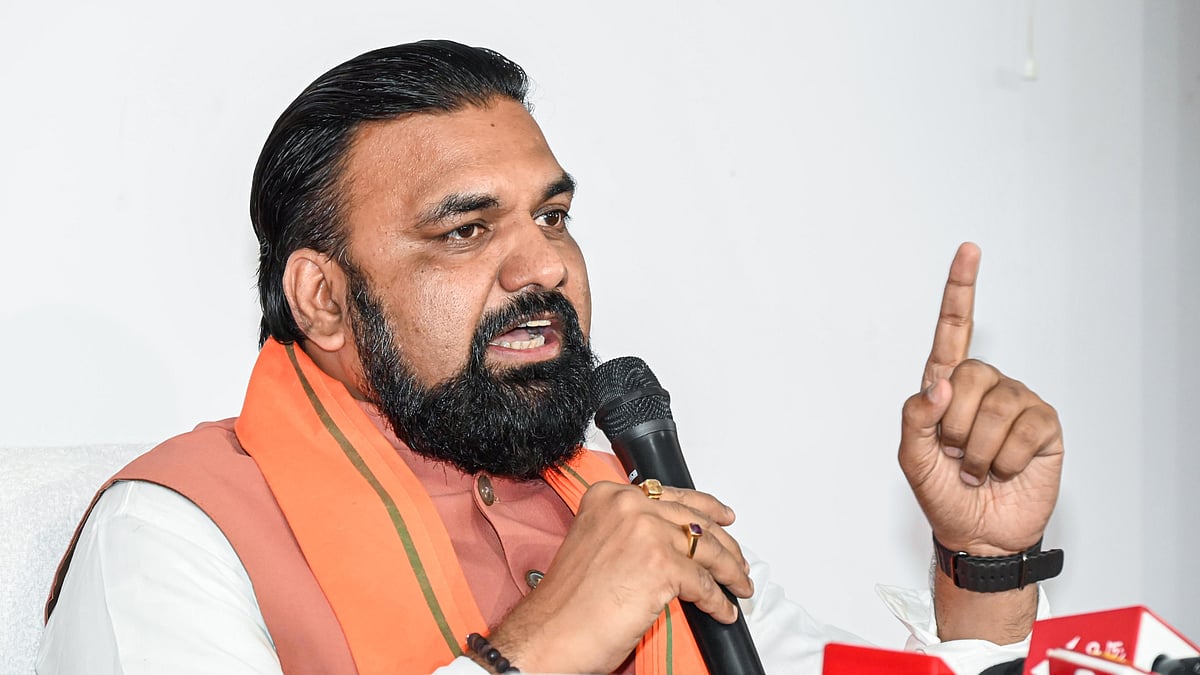The Indian National Congress (INC), a distinguished and diverse political entity in India, commemorates its rich history traced back to its establishment in December 1885. Initially conceived as a moderate force seeking reform within the British colonial framework, the INC underwent a transformative journey, emerging as a formidable player in the Indian independence movement and subsequent post-independence politics.
In its nascent years, the Indian National Congress focused on moderate reform resolutions. However, a shifting stance became evident as escalating poverty under British rule prompted a change in approach. The party's Home Rule wing gained prominence in the early 20th century, championed by influential figures such as Bal Gangadhar Tilak and Annie Besant. Advocating swadeshi, this wing urged Indians to boycott British goods, marking a significant shift.
Under the leadership of Mohandas (Mahatma) Gandhi in the 1920s and '30s, the INC embraced nonviolent noncooperation as a strategy, responding to perceived inadequacies in constitutional reforms and the infamous Amritsar massacre in 1919. The Salt March in 1930, led by Gandhi, became an iconic symbol of civil disobedience.
The outbreak of World War II in 1939 heightened tensions, with Britain declaring India a belligerent without Indian consultation. In response, the INC declared non-support until complete independence was granted. The Quit India movement in 1942 marked a mass civil disobedience campaign.
Post-war, India gained independence in August 1947 following the passage of an independence bill by the British government. The INC played a pivotal role in shaping the nation's destiny.
Jawaharlal Nehru's leadership from 1951 to 1964 marked a significant era for the Indian National Congress. Subsequent leaders, including Lal Bahadur Shastri and Indira Gandhi, continued the party's legacy. Indira Gandhi faced internal challenges in 1969 but led the New Congress Party to victory in the 1971 elections.
The post-1977 period witnessed setbacks, fractures within the party, and an increasingly authoritarian government under Indira Gandhi. Post-1991, the party grappled with challenges as P.V. Narasimha Rao embraced economic liberalization, departing from historical socialist policies, leading to a tarnished image due to corruption allegations.
Sonia Gandhi assumed leadership in 1998, navigating the party through fluctuations. Despite facing a significant electoral defeat in 2014, Rahul Gandhi assumed leadership, stepping down after the 2019 elections. Sonia Gandhi returned temporarily, succeeded by Mallikarjun Kharge in 2022.
The Congress Party traditionally upheld socialist economic policies and secular principles, though in the 1990s, it endorsed economic liberalization. Organized hierarchically, influential committees like the Congress Working Committee have played a pivotal role.
Despite historical prominence, the Congress Party has faced challenges, necessitating internal restructuring and adaptation to evolving political landscapes in recent years. As we celebrate Congress Party Formation Day, we reflect on its enduring journey and the ongoing commitment to the values that define its legacy.











